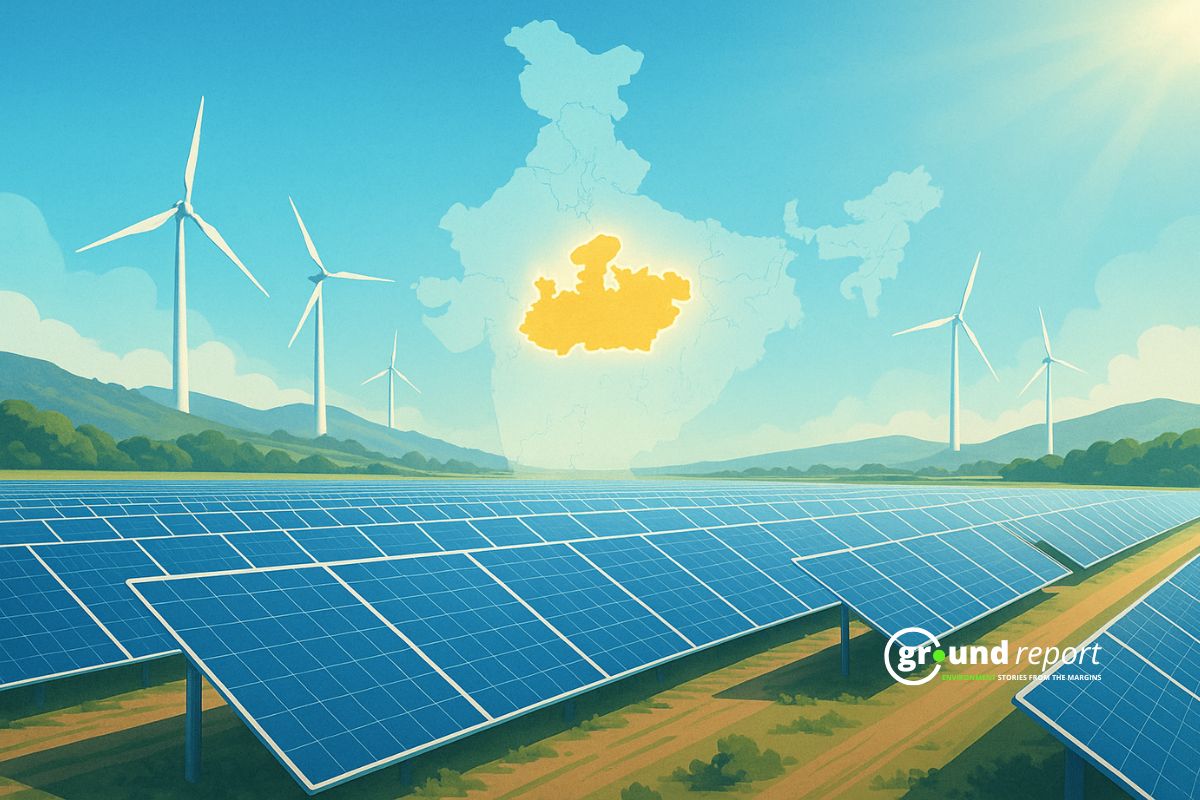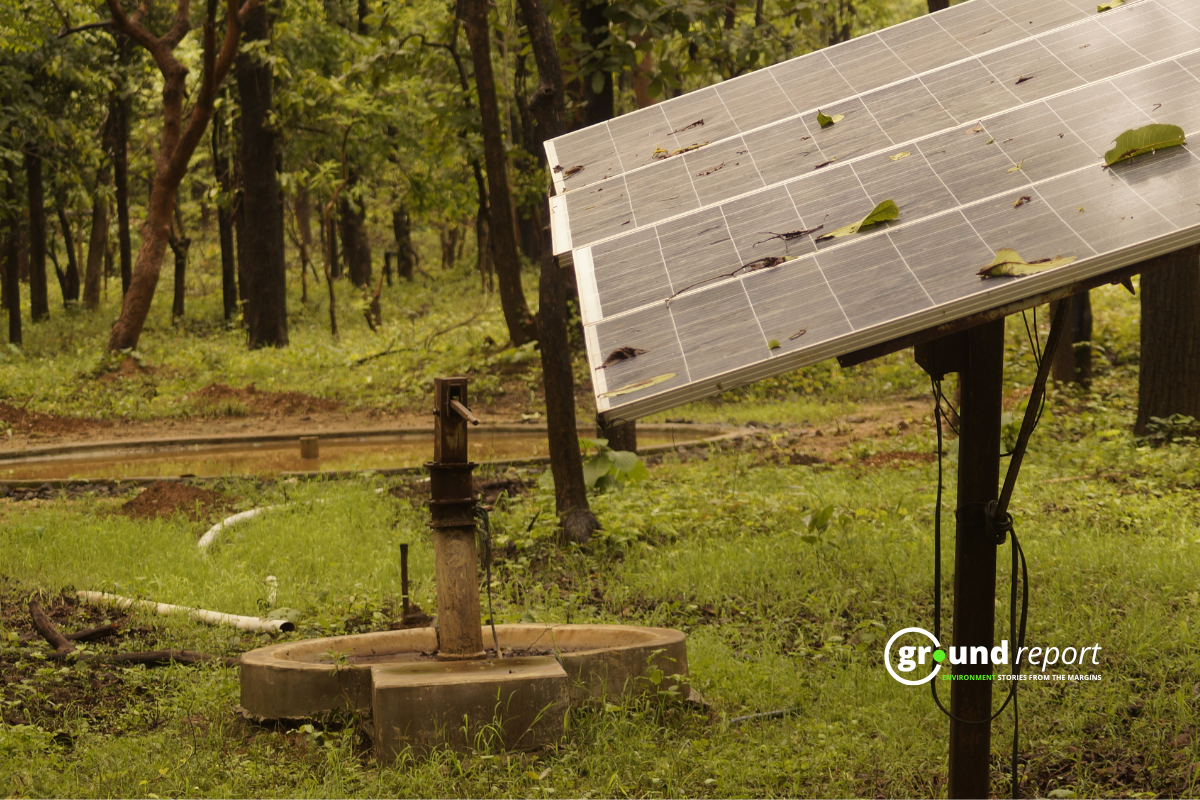Maharashtra and Tamil Nadu’s performance in transitioning to cleaner energy sources, both states have shown strengths and weaknesses in various dimensions, according to a new joint report by the Institute for Energy Economics and Financial Analysis (IEEFA) and Ember.
The annual Indian States’ Electricity Transition (SET) report, jointly conducted by the Institute for Energy Economics and Financial Analysis (IEEFA) and Ember, assesses the readiness of 21 Indian states for transitioning to clean electricity.
This year’s report, titled “SET: 2024,” expands upon the previous year’s evaluation of 16 states. It evaluates states across 18 parameters categorized into three key dimensions.
Notably, the parameters and dimensions have been refined to better align with the current status of each state’s electricity transition progress, incorporating feedback from stakeholders and improved data availability.
Maharashtra
Despite significant efforts to increase renewable energy capacity, Maharashtra falls short of being a top performer due to several reasons. In terms of decarbonization, it ranks mid-table, mainly because its share of renewable energy consumption remains relatively low.
The state’s readiness and performance in the power ecosystem dimension are also affected by issues such as poor DISCOM performance, limited participation in short-term markets, and low uptake of distributed solar energy. Notably, Maharashtra State Electricity Distribution Company Limited (MSEDCL), a major DISCOM in the state, scored poorly in the PFC rating, impacting the state’s overall performance.
While Maharashtra excels in the Market Enablers dimension, indicating the potential for accelerated progress, challenges remain, including a low share of distributed solar energy and limited short-term market participation. However, the state is making strides with initiatives like an incremental green tariff rate and plans for additional pumped hydro storage capacity.
Tamil Nadu
Tamil Nadu demonstrates moderate performance in decarbonization and market enablers but lags in the readiness and performance of the power ecosystem. Despite notable capacity additions, only a small percentage of its total energy consumption comes from renewable sources, contributing to its lower performance in the decarbonization dimension.
The state’s overall score in the power ecosystem dimension is better than that of only one state, mainly due to issues such as poor DISCOM performance, limited short-term market participation, and low distributed solar uptake.
Although Tamil Nadu shows progress in some aspects of market enablers, it remains in the mid-table due to challenges like the non-adoption of green open access rules.
On a positive note, the state is making efforts to develop its electric vehicle ecosystem through various policy measures, despite having limited infrastructure with just one charging station per 321 EV registrations as of January 2024.
Support us to keep independent environmental journalism alive in India.
Keep Reading
What is Green Hydrogen? Could it change energy in South Asia?
Blue hydrogen is worst for climate: study
How Increasing space traffic threatens ozone layer?
Hydro Fuel Market: India’s current scenario and the future ahead
Natural Gas is a Misleading term, It is not Natural and clean at all
Follow Ground Report on X, Instagram and Facebook for environmental and underreported stories from the margins. Give us feedback on our email id greport2018@gmail.com.
Don’t forget to Subscribe to our weekly newsletter, Join our community on WhatsApp, and Follow our YouTube Channel for video stories.









